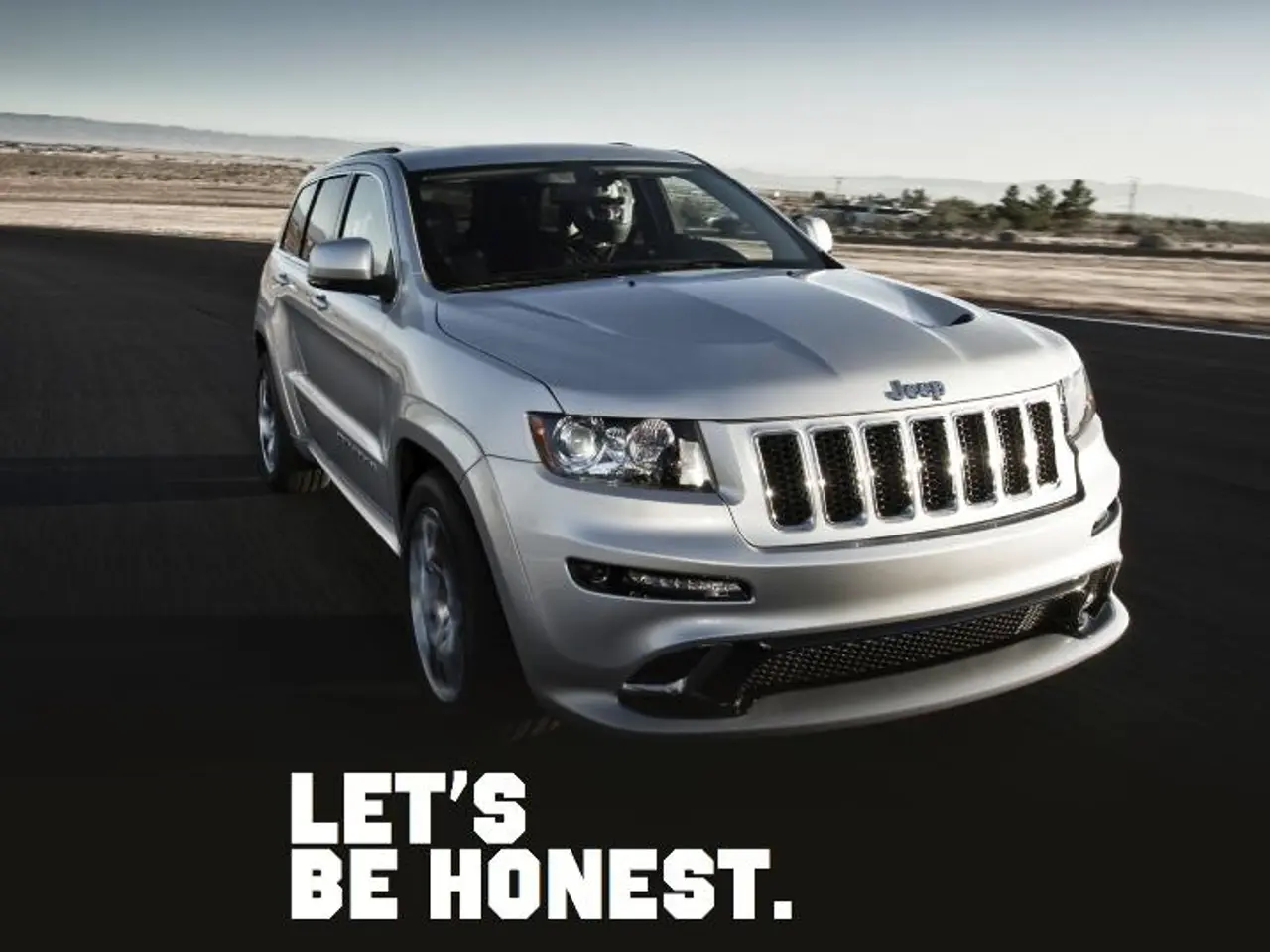Automaker Ford Announces Price Increase for Mustang Mach-E Due to Imposed Custom Duties
In the midst of ongoing U.S. trade tensions, automakers are feeling the pinch as a 25% tariff on imported vehicles and parts takes effect. This tariff, imposed since April 2021, is causing significant cost increases across the automotive supply chain, with Ford being one of the companies directly affected.
Ford has disclosed that the administration's trade policies will add approximately $2.5 billion in costs through 2025. In the second quarter of this year alone, the company reported tariff-related costs of around $800 million. These additional expenses are contributing to narrower profit margins and are expected to lead to higher retail car prices.
The Mustang Mach-E, the Maverick, and the Bronco Sport, all manufactured in Mexico, are among the models affected by these tariffs. RJ Scaringe, CEO of Rivian, has also stated that prices for vehicles could climb by "a couple of thousand dollars" per vehicle. Ford has confirmed that the price of the Mustang Mach-E electric SUV will increase by up to $2,000 on select trims.
The tariffs increase production costs, which Ford may pass on to consumers either immediately or gradually through higher vehicle prices. This rise in costs is particularly challenging for lower-profit or innovative models like the Mustang Mach-E, which has been central to Ford’s EV strategy.
Analysts warn that if these tariffs persist, U.S. vehicle sales could fall by more than a million units annually. Other automakers, including General Motors, Rivian, and Lucid, are also preparing for price increases, with General Motors anticipating up to $5 billion in tariff-related costs.
The tariffs not only increase costs but also complicate automakers' strategic planning, potentially discouraging investment in newer or niche vehicles by increasing financial risks associated with imported models. This could limit the range and affordability of new models, particularly imports like Ford’s mentioned vehicles.
In conclusion, the current 25% U.S. import tariffs are causing significant cost increases for Ford models such as the Mustang Mach-E, Maverick, and Bronco Sport. These tariffs are reducing profitability, leading to higher prices, and could constrain the development of such models in the near future. The ongoing trade tensions continue to pose challenges for the automotive industry, with consumers likely to see higher prices for new vehicles in the coming months.
[1] CNN Business
[2] The Detroit News
[3] The New York Times
[4] Reuters
[5] Automotive News
- Despite the focus on trade tensions and imported vehicle tariffs, automakers like Ford are grappling with increased costs and narrower profit margins in the sports vehicle sector, such as the Mustang Mach-E.
- With the rising costs attributed to the 25% U.S. import tariffs, consumers may soon see a spike in the prices of sports utility vehicles like the Ford Mustang Mach-E and other models, potentially limiting the variety and affordability of new vehicles in the market.








